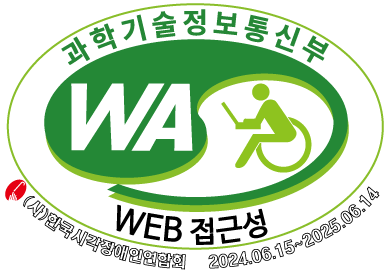Publications
What's New
- Department International Cooperation and PR Team
- Registration Date 2022-09-27
- views 186
Haegwangji, records of the modern customs offices in Busan, Incheon, and
Wonsan, are inscribed as a Registered Cultural Asset
Haegwangji, records of the modern customs offices installed in Busan, Incheon, and Wonsan were granted Registered Cultural Asset status on July 14 by the Cultural Heritage Administration according to the National Library of Korea (CEO Suh Hye Ran).

The Haegwan reports that were inscribed as a Registered Cultural Asset include four from the Busan Haegwan, 14 from the Incheon Haegwan, and four from the Wonsan Haegwan. Created between 1884 and 1898 for the central government Haegwan Office, these documents have great historical value. They provide information on tariffs, administration, harbor-building, measurements of concession areas, and quarantine systems during the period. The official name of these documents as a Registered Cultural Asset is Haegwan Reports. The Haegwan was a taxation agency that charged fees on imported goods. The word “Haegwan” was adopted from the Chinese word for customs office. In 1883, the Incheon, Wonsan, and Busan Haegwan were established, in that order. In 1907, the Haegwan was renamed the Segwan.
The NLK treated these old documents, which were partly oxidized and worn, for preservation. Print versions of those written in cursive script in English will be made available to improve their readability.
Currently, the NLK houses the largest number of books in South Korea, with four Registered Cultural Assets. The library will continue to identify materials of great value and pursue their enlistment as Registered Cultural Assets.
(Source)
-
The National Library for Children and Young Adults holds an online seminar with librarians from ten ASEAN countries on the development of a culture of reading among childrenICPR Team 2024-06-23
-
The NLK opens its Cheonggudo Immersive Media Wall to the publicICPR Team 2024-06-23
-
The NLK opens Space Lab, a pilot project for the establishment of a virtual national libraryICPR Team 2024-06-23
-
The NLK holds the 19th General Assembly and Seminar of the Korean Classics Preservation CouncilICPR Team 2024-06-23
-
The NLK and Wikimedia Korea sign a cooperation agreement to expand the use of digitized materialsICPR Team 2024-06-23

